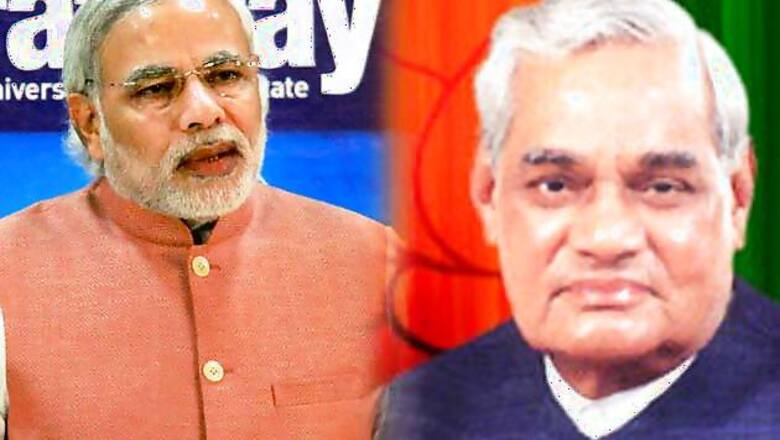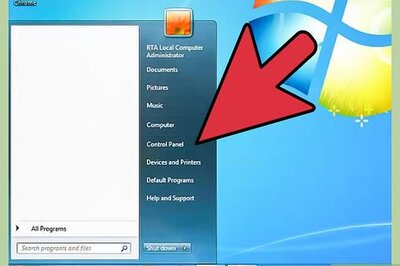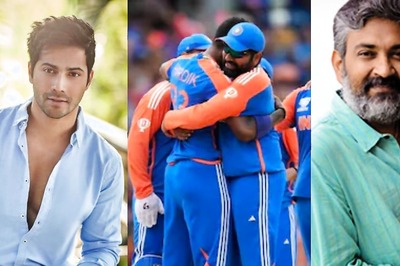
views
The Prime Minister's Office has refused to disclose communication exchanged between former Prime Minister Atal Bihari Vajpayee and Chief Minister Narendra Modi during the 2002 Gujarat riots even after 11 years.
Responding to an RTI application, the Prime Minister's Office cited section 8(1)(h) of transparency, which exempts information that would impede the process of investigation or apprehension or prosecution of offenders. The response raises questions whether the communication between Modi and then Prime Minister Vajpayee carried any information related to rioters or people behind the pogrom.
The RTI applicant had sought copy of all communications exchanged between the PMO and the Gujarat government between February 27, 2002 and April 30, 2002 on the law and order situation in the state. The applicant had also sought copy of the communication exchanged between Vajpayee and Modi during that period which saw tense atmosphere in the state.
While refusing disclosure of information, the country's top office did not give any reasons as to how disclosure of information would attract section 8(1)(h) even though Delhi High Court has made it clear that cogent reasons be given while denying information under the clause.
"It is apparent that the mere existence of an investigation process cannot be a ground for refusal of the information; the authority withholding information must show satisfactory reasons as to why the release of such information would hamper the investigation process.
"Such reasons should be germane, and the opinion of the process being hampered should be reasonable and based on some material. Sans this consideration, Section 8(1)(h) and other such provisions would become the haven for dodging demands for information," Justice Ravindra Bhat had held.


















Comments
0 comment